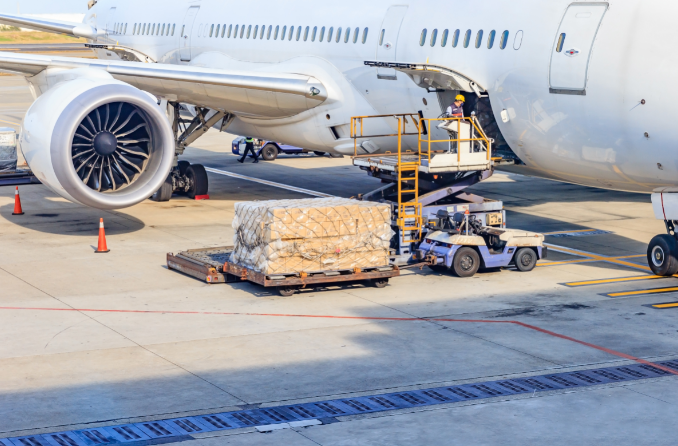
The aviation sector has “turned the corner” following the pandemic with air cargo contributing an significant share of its increased revenue.
The International Air Transport Association’s (IATA) annual review of the aero-transport market reveals that air cargo generated global revenues of $155bn in 2021, up from $129bn in 2020 and $101bn in 2019.
Air cargo contributed more than a third of airline revenues in 2021, over double its contribution in 2020.
This news comes as the industry increasingly turns to digitalisation to increase efficiency and strengthen supply chains.
‘Exceeding demand’
According to IATA director general Willie Walsh, the sector has dramatically reduced its losses which soared during the pandemic and peaked at $137.7bn in 2020. For 2022 the figure is expected to be about $9.7bn.
“By the end of 2023, most regions will be at – or exceeding – pre-pandemic levels of demand,” he said.
Digital delivery
Air Cargo News reports that modernisation and digitalisation in the industry will open up more opportunities to improve its operational efficiency.
An e-air waybill is expected to cover 100% of shipments on all enabled trade lanes by the end of 2022.
IATA said the ‘One Record’ data sharing standard – its proposed e-freight data solution – is currently undergoing tests, involving 145 companies and three customs authorities.
Rates high
Loadstar reports that air freight rates remain 32% higher than last year, despite analysts saying growth in the e-commerce sector is now waning.
FedEx saw full-year to 31 May revenues of $93.5bn, up 11.3%, while adjusted net income rose 12%, to $5.5bn.
Future pressure
Brie Carere, chief customer officer at FedEx, said the anticipation was that consumers will keep spending but would return to stores.
“With this backdrop, we do expect pressure on B2C volumes. Through May, industrial activity has been solid,” she said.
The company said it expected to see further supply chain disruption, but would also implement “a flexible strategy” in the face of possible economic headwinds.
Worker shortages
The BBC reports that a severe shortage of skilled ground handlers, who have left the industry since the pandemic, could hamper the sector’s recovery.
Niall van de Wouw, chief air freight officer at transport monitoring firm Xeneta, said that while there was capacity in the air, labour is a problem.
“Whether it’s truck drivers, or people loading ships or planes, or people in warehousing, there seems to be a global issue of finding operational people at the lower end of the pay-scale,” he said.
Airlines are projected to carry a record 75m tonnes of cargo this year, with volumes 11.7% above the pre-pandemic levels, reports Freight Waves.



